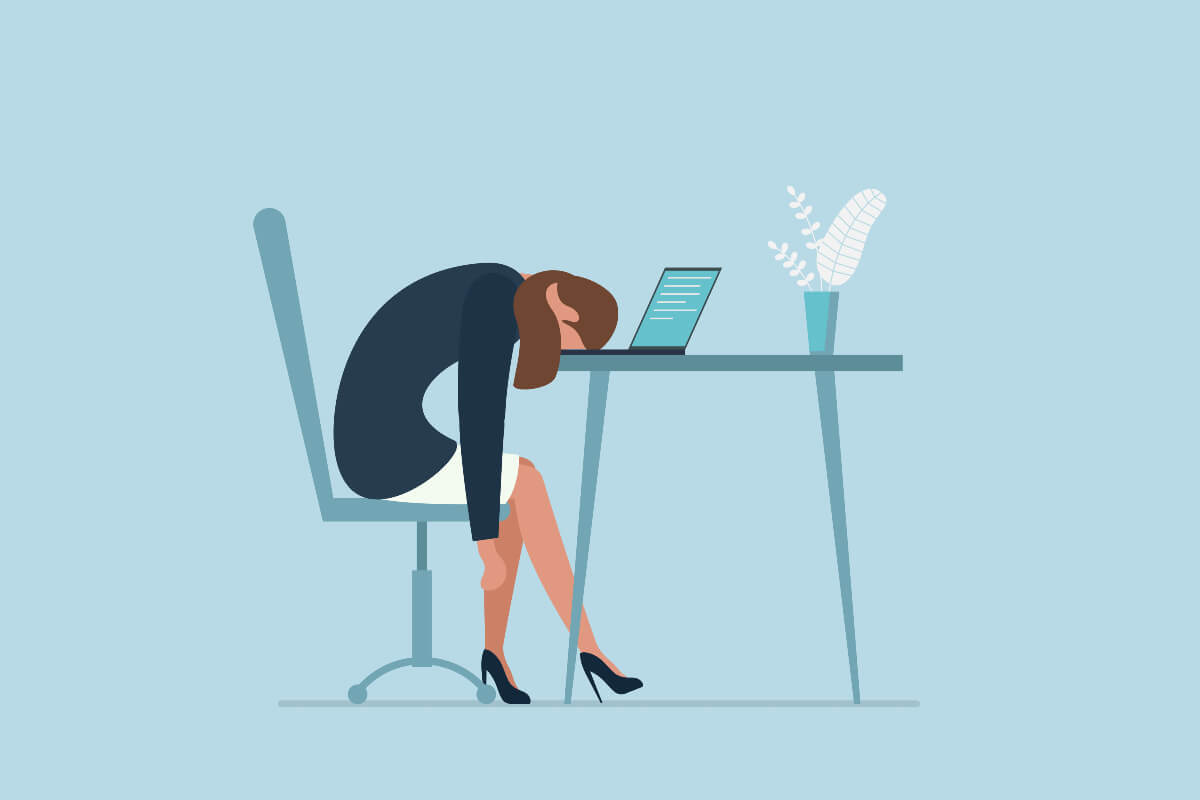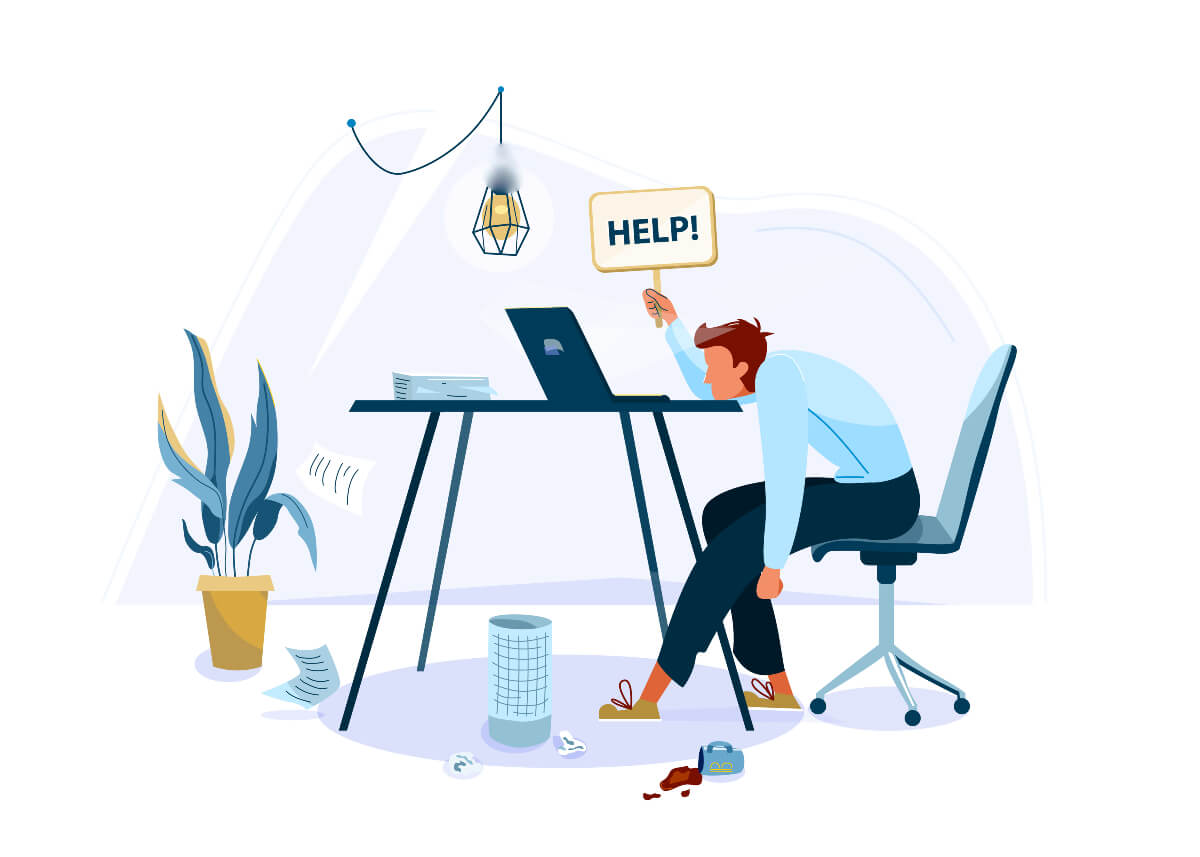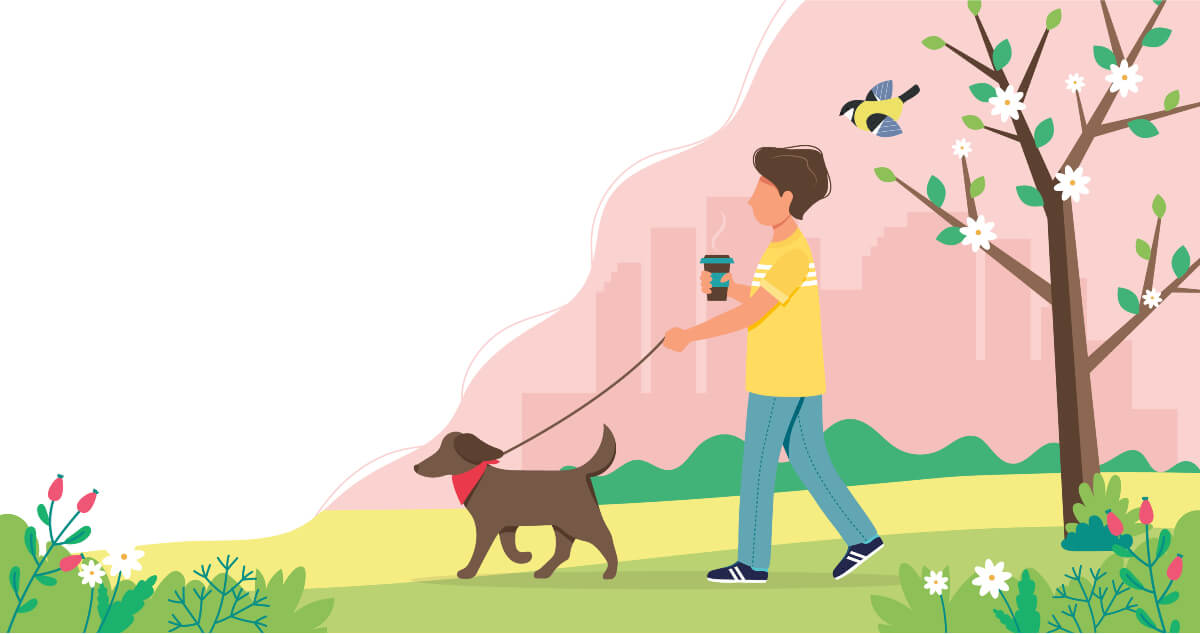In recent years, the term “burnout” has become more common in our vernacular than most of us would like. We’ll tell you how to recognize work burnout symptoms, and the steps you can take towards burnout recovery.
Work Burnout Is on the Rise
Although modern society has gifted us with so many wonderful tools that have made it easier than ever to stay productive, connected and in-the-know about world events, the multitude of tech platforms we have at our fingertips at work can also result in feelings of emotional exhaustion.
Add to this a global pandemic, which resulted in millions of layoffs, pay cuts and for many people, a heavier burden at work, and you’ve got a recipe for burnout waiting to happen. It’s true that the phenomenon of burnout is on the rise — a recent study by Visier found that 89% of employees reported experiencing burnout in the past year, and 70% of employees said they would leave their current role to join a company offering resources to help.
What Are Work Burnout Symptoms?

In 2019, the World Health Organization (WHO) stated that burnout can be defined as “a syndrome conceptualized as resulting from chronic workplace stress that has not been successfully managed.”
They added that the term should only be applied to the occupational context, not other areas of life like relationships, and it can be characterized by three dimensions:
- Feelings of energy depletion or exhaustion
- Increased mental distance from one’s job, or feelings of negativism or cynicism related to one’s job
- Reduced professional efficacy
How to Recognize Work Burnout Symptoms

Vera Cheng, clinical social worker and therapist who provides services at Talk Therapy with Vera, echoes the WHO’s definition, noting that if you’re frequently feeling exhausted, fatigued or irritated, you may be experiencing burnout.
“Signs and symptoms of experiencing burnout at work may include exhaustion or fatigue, irritation, or insomnia,” she says. “You may also begin to get sick a lot or feel like your work is giving you too much stress. Your job performance may decrease because you find it hard to concentrate or feel motivated.”
Related Articles
Cheng notes that in addition to these symptoms, you may feel physical sensations like stomach issues, headaches, or muscle tension.
How to Take Steps Towards Burnout Recovery

If you feel work burnout symptoms, remember you’re not alone. There are steps you can take towards burnout recovery.
Cheng recommends setting firm rules around when and how much you work and making time for the things that bring you joy.
“My tips for self-care are setting boundaries at work by not working after hours or on the weekend, not eating your lunch at your desk, and taking proper breaks throughout the day,” she says. “I would also recommend exercising when you can by jogging, walking, or doing yoga, and finding time for creative activities like painting, writing, or playing music.”
Proper Sleep Hygiene and Nutrition Critical to Burnout Recovery

Cheng also notes that proper sleep and nutrition are essential when it comes to burnout recovery. If you’re not sleeping at night, she recommends developing proper sleep hygiene to get better sleep. She also notes it’s important to fuel yourself and make sure you’re eating healthy.
If you’re still struggling to cope with work burnout symptoms, she suggests speaking with your manager about your concerns, or seeking help from a professional therapist who can support you and provide strategies on managing stress and burnout recovery.
For more mental wellness tips for the workplace, learn about imposter syndrome and how to treat it.







